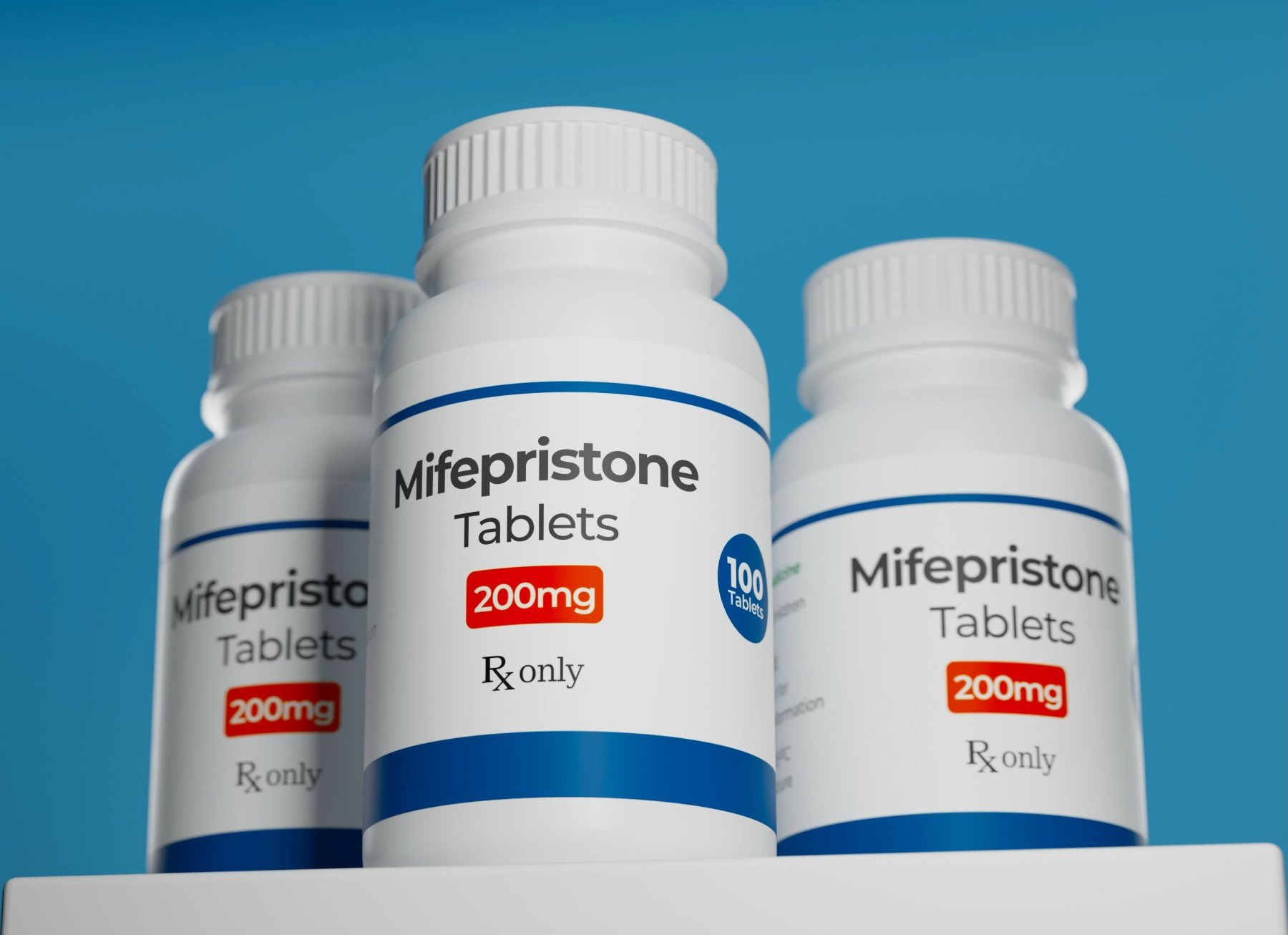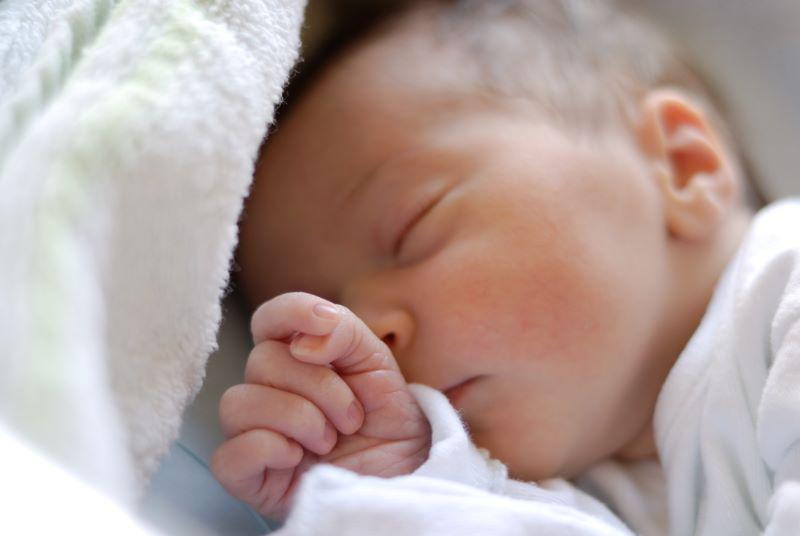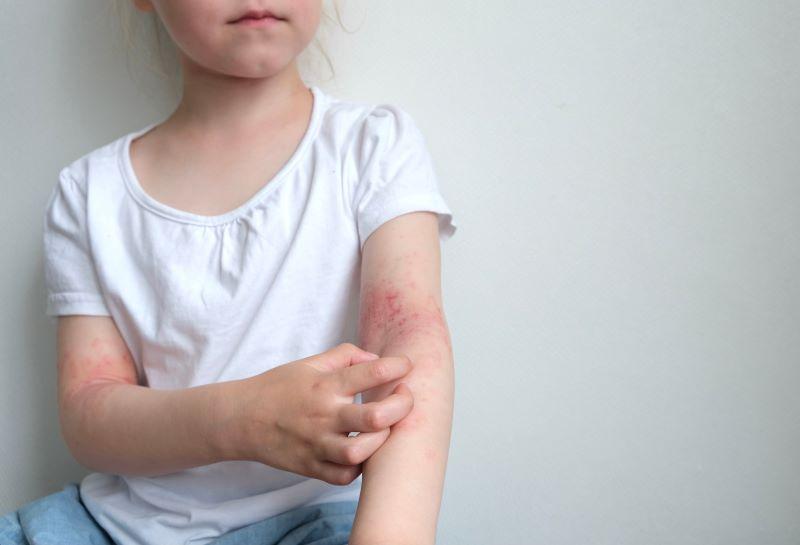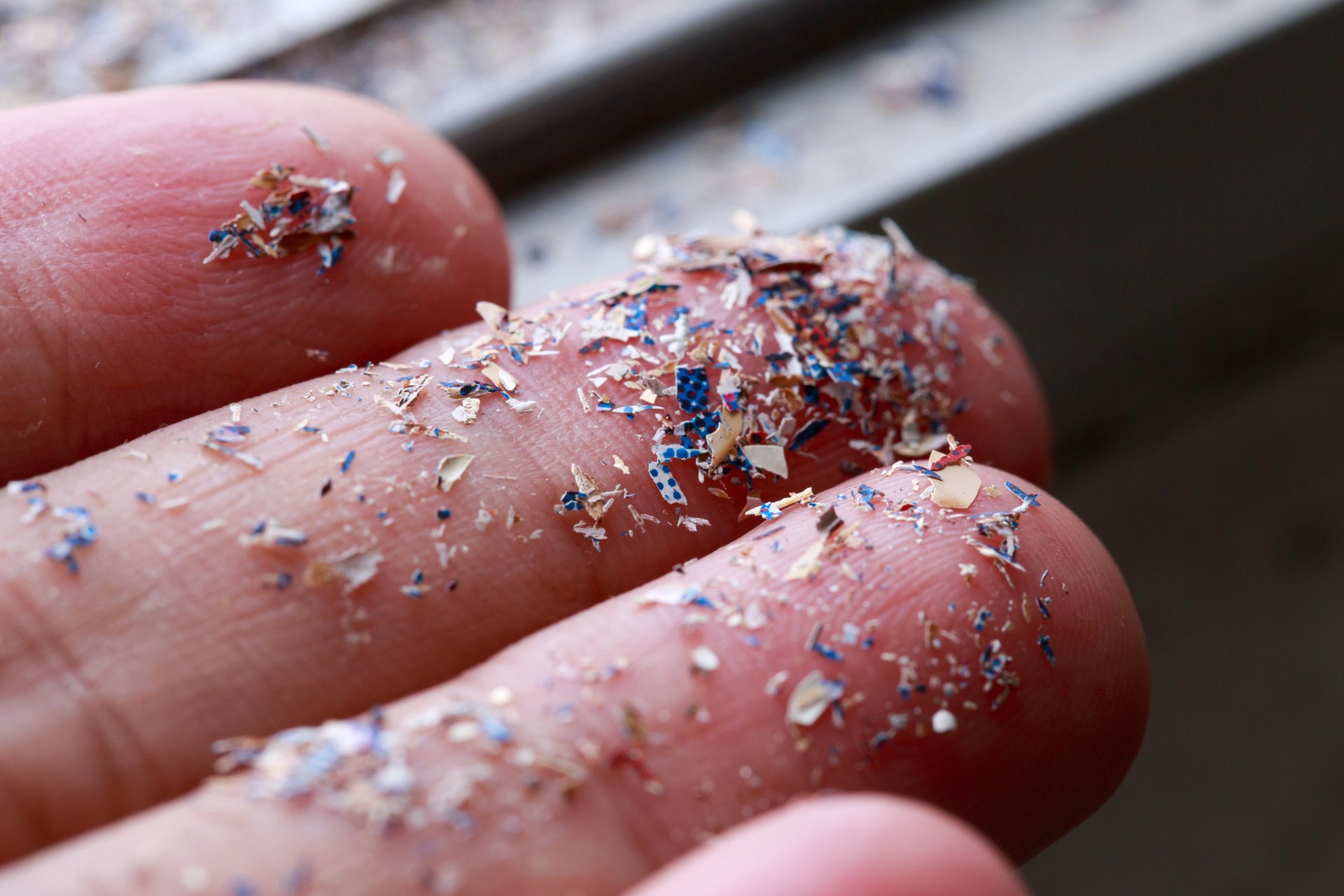
Does advising your teen sometimes feel like talking to the proverbial brick wall? Don’t fret: New research shows that even when your preteen or teen gives your advice a flat “no way,” your counsel is probably having an impact. It may simply be tucked away by your child, ready for use another day. “The kids… read on > read on >






























